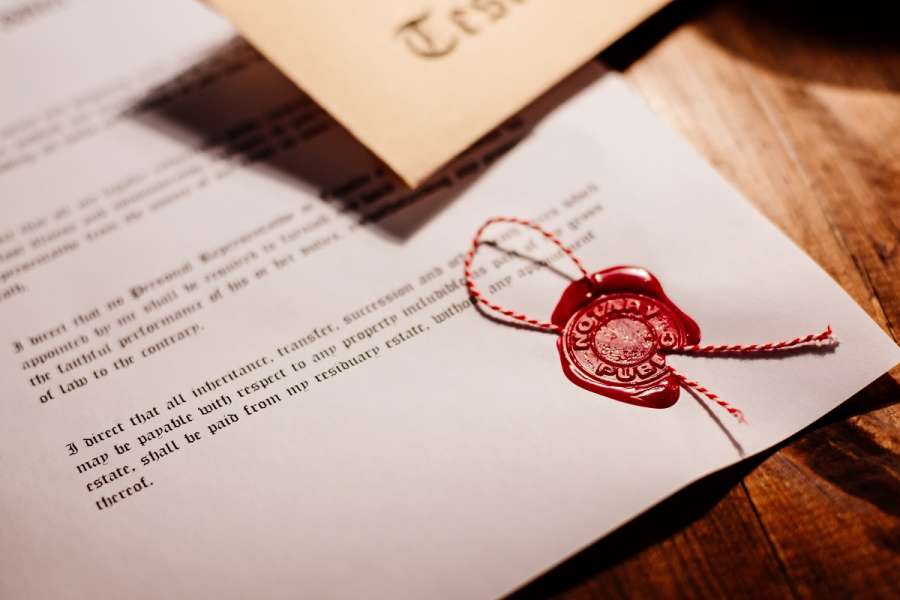We can all remind our parents, grandparents, aunts and uncles that we would like something from their estate when they eventually pass away.
Many families even joke about their parents "spending their inheritance" on holidays and such, and in others, sibling rivalry can result in requests for a greater share.
The law tells us where that persuasion, encouragement or influence is regarded as "undue".
Influence is "undue" where there is coercion (where it overbears what the person making their Will wants to do) or fraud.
In simple terms, the question is whether the person making the Will "acted as a free agent".
It is notoriously difficult to prove that a Will is invalid because of undue influence.
There is rarely direct evidence that a Will is the product of undue influence exerted over the person making it.
In addition, the key witness – the person who has potentially been unduly influenced – has inevitably passed away before this question is addressed.



